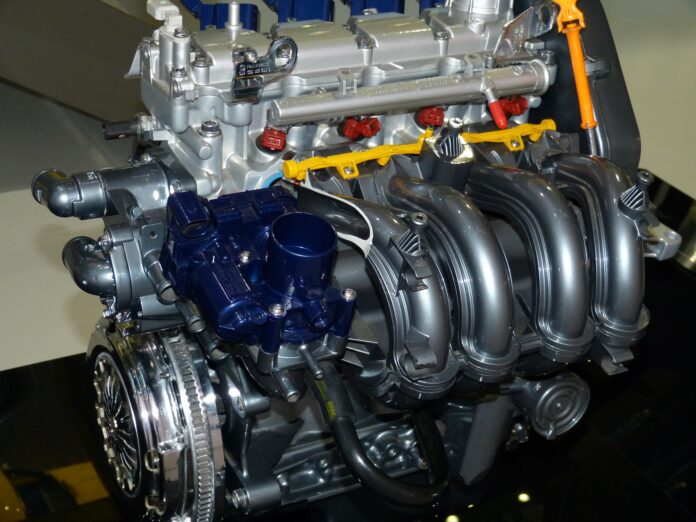You take your car to the shop for a routine oil change or tire rotation. When you pick it up the mechanic tells you he has also checked under the hood and discovered you need a new carburetor.
The cost, he says, will be $2.7 million.
If you consider paying it, you may be about to fall victim to the USA’s latest auto repair scam. Over 100,000 Americans have already been duped – many depleting their life savings and going heavily into debt to purchase a part that normally costs just $250.
The scammers are convincing: Question why it costs so much, and you’re told that your specific vehicle requires a very complicated “convolution” process that drives up the price. Ask about getting another opinion, and they’ll shake their heads and say it’s up to you – but that they will not be held responsible if your car suddenly bursts into flames when you drive it away
Many people don’t want to take a chance and order the new carburetor.
“People have sold their homes and pulled their kids out of college,” says Nora Winkker of SCAM-IT, a Missouri-based non-profit that identifies scams, assigns names to them, and puts them on lists. “Some have even gone to shady loan sharks and been forced to go into hiding when they couldn’t make the payments.”
The carburetor scam has quickly risen to number two on SCAM-IT’s Top Ten list – following the Girl Scout Cookie Bait & Switch, where Thin Mints are passed off as Peanut Butter Patties.
So how do you avoid becoming a victim? According to Winkker, it’s simple: You just need to remember that when it comes to carburetors, there’s no such thing as a convolution process.










